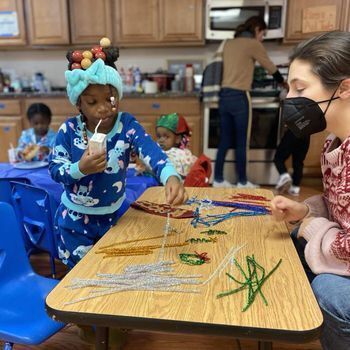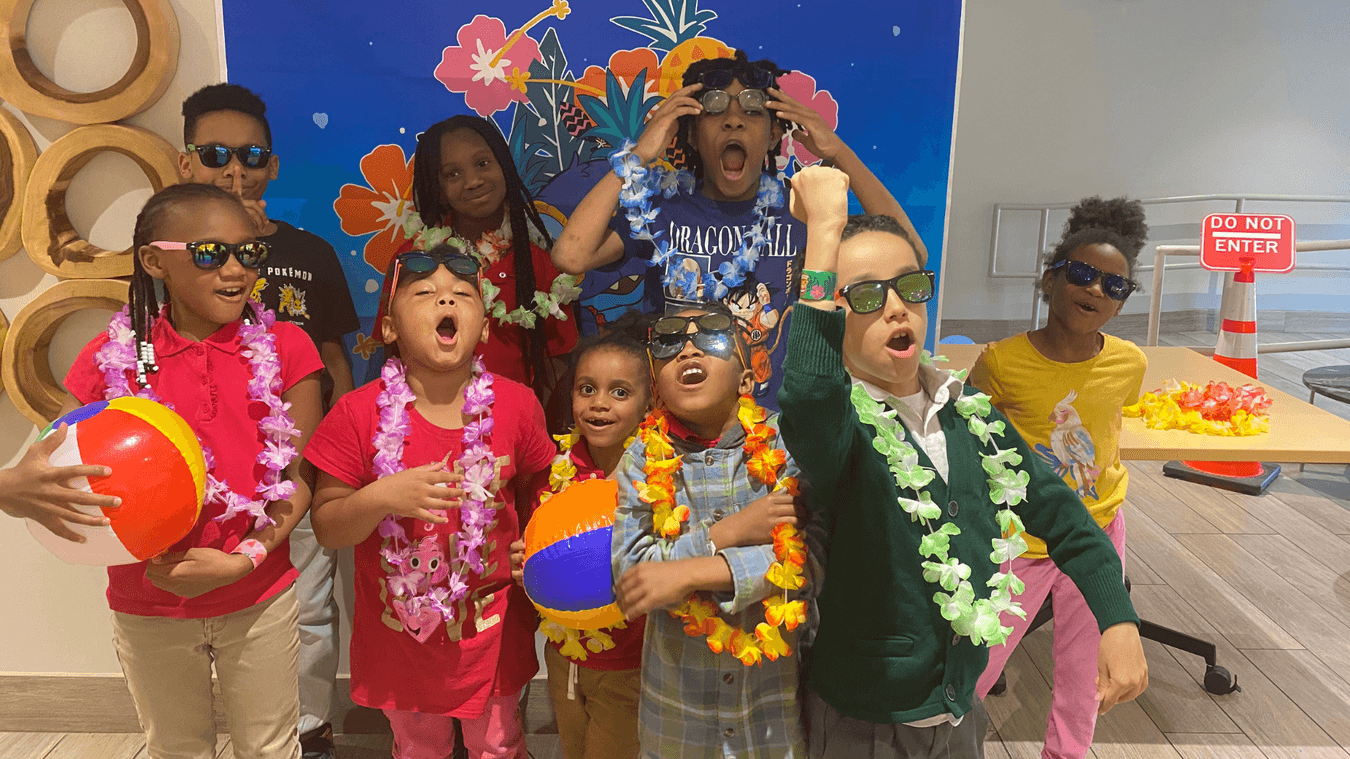What We Do
We believe play is a human right that all children deserve, regardless of housing status. We partner with shelters and community-based sites in Washington, DC and Prince George's County, Maryland, to create safe and fun play spaces for the children where they live. (We are not a shelter.)
Through weekly programs, our trained and screened volunteers provide activities, healthy snacks, and fun for children at emergency shelter and transitional housing and community sites throughout Washington, DC and Maryland's Prince George's County. Our trauma-informed programs seek to restore normalcy by providing opportunities for children to learn and heal through play and empowering them to make choices, express themselves, relate to others, and find support.

Playtime Programming
Playtime Project’s program model is built to support resiliency in children and families experiencing housing insecurity. Last year in FY2024, we served 618 individuals across all these programs, with the majority being served at our regular play programs.
Over the past several years, we have developed a play curriculum that is adaptive, trauma-informed, and based on best practices gleaned through over two decades serving children in various environments.
Playtime Project has three key projects housed under our program model, including:
- Play Programs that operate year-round at shelters, schools, and community locations in the D.C. region,
- Spring and summer break camps, and
- Playtime Family Support, which provides case management services and concrete resources, as needed.
Playtime provides the time and space to engage with developmentally appropriate toys and activities, to help children nurture healthy social, emotional, and physical development. We intentionally stock toys that offer a variety of play options, including caregiving toys (dolls, kitchens), toys for dramatic play (costumes for dress-up), building toys (blocks, Magna-Tiles), movement toys (balls, cars, trucks), and toys for expressive play (art supplies).
These activities foster creative problem solving, enhance social-emotional skills, and instill optimism. Giving children the choice of how to play and what to play with encourages healthy child development. In addition to free play, our structured curriculum activities are designed to facilitate specific learning goals that help children build resilience.

